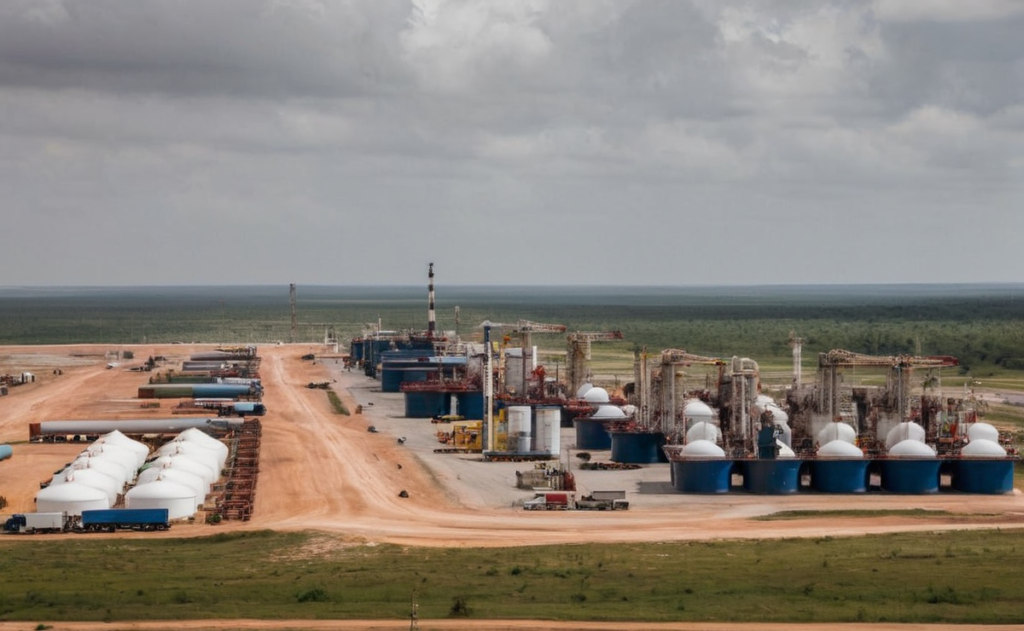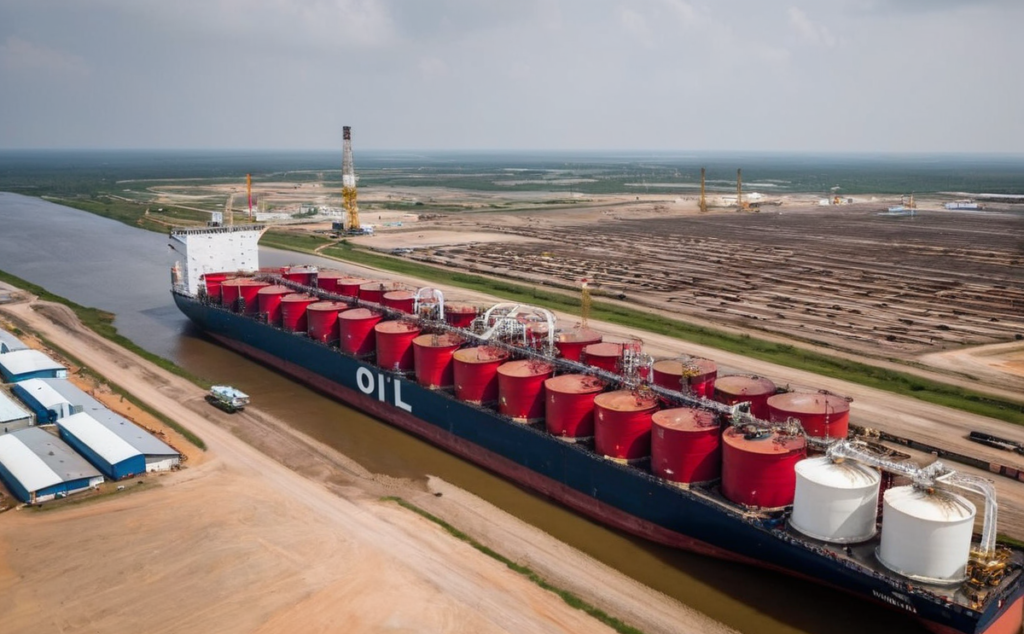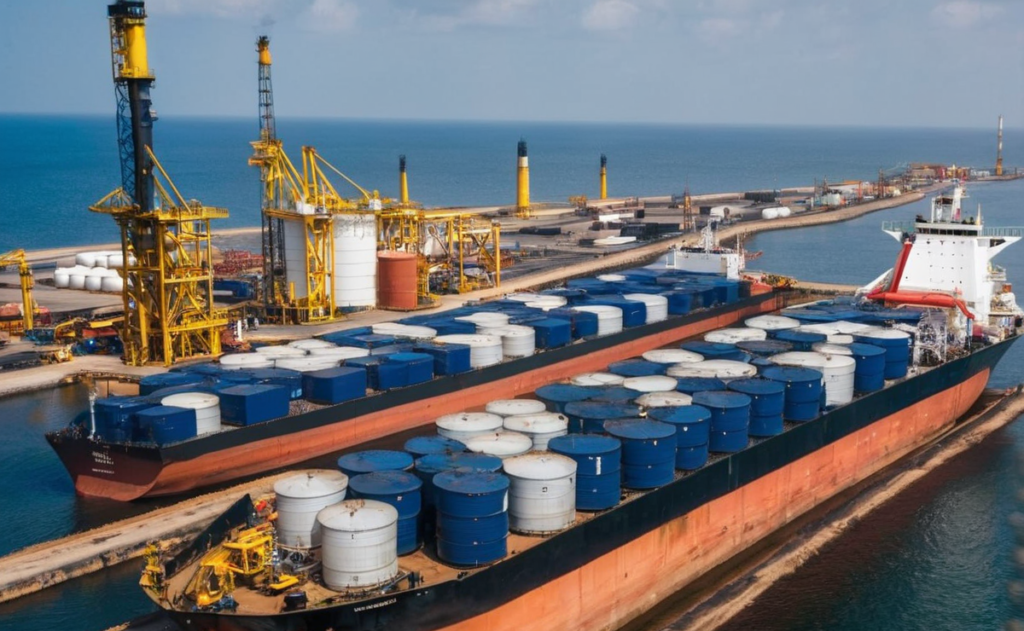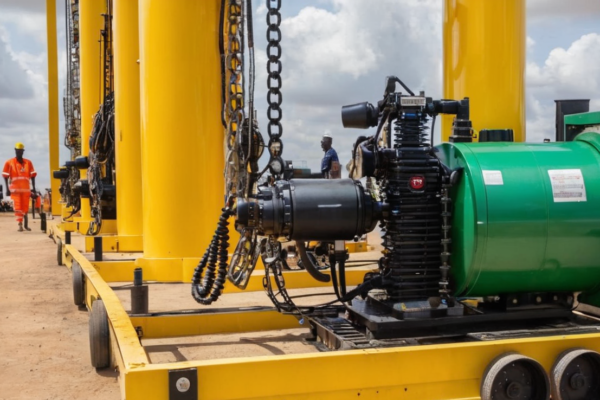The Critical Role of Logistics in Oil and Gas Supply Chains in Nigeria
Nigeria, often referred to as the “Giant of Africa,” is one of the continent’s leading producers of oil and gas. With abundant natural resources and a growing energy sector, the country plays a crucial role in the global energy market. However, the effective management of logistics in the Nigerian oil and gas supply chain is paramount to harnessing the full potential of this industry. In this blog, we will delve into the critical role of logistics in the Nigerian oil and gas supply chains and the unique challenges and opportunities it presents.
Complexities in Nigerian Oil and Gas Supply Chains:
Nigeria’s oil and gas supply chains are marked by inherent complexities. The factors contributing to these complexities include:
- Geographical Diversity: Nigeria’s oil and gas reserves are spread across a vast and diverse landscape, including offshore and onshore sites. This requires a well-structured logistics network to transport resources from these locations.
- Infrastructure Challenges: Inadequate infrastructure, such as road networks, ports, and storage facilities, poses challenges to the transportation of materials and equipment, often leading to delays and increased costs.
- Security Concerns: Security is a significant issue in Nigeria, particularly in the Niger Delta region. Protecting personnel, assets, and transportation routes is a crucial logistics consideration.
- Government Regulations: Compliance with local and international regulations is essential. Navigating the regulatory landscape in Nigeria, which includes taxation, import/export rules, and safety standards, is vital for successful logistics operations.

The Vital Role of Logistics in Nigerian Oil and Gas:
- Optimizing Procurement: Efficient procurement logistics ensure that the necessary materials and equipment are available for exploration, drilling, and production activities. It plays a critical role in preventing delays.
- Minimizing Downtime: Downtime in the oil and gas industry is costly. Effective logistics ensures that operations run smoothly and that production is not halted due to the unavailability of resources.
- Economic Efficiency: Streamlining logistics can lead to significant cost savings. It ensures that resources are used effectively and that there is minimal wastage, benefiting both the industry and the nation’s economy.
Local Content Development:
One of the emerging trends in the Nigerian oil and gas industry is the promotion of local content development. This initiative aims to increase the involvement of Nigerian businesses and the employment of local citizens in the industry. Logistics plays a key role in supporting this objective by facilitating the efficient use of local resources and talent.

Case Study: Local Content Success
In a groundbreaking project in Nigeria, a local logistics company was instrumental in ensuring the timely and cost-effective transport of equipment and materials. This project not only reduced costs but also created job opportunities and contributed to the development of local businesses.
The Future of Logistics in Nigerian Oil and Gas:
As Nigeria’s oil and gas industry continues to evolve, logistics will play an even more critical role. Embracing new technologies, such as data analytics, IoT devices, and automation, will enable more efficient tracking and optimization of the supply chain. These advancements will contribute to enhancing the industry’s efficiency, profitability, and sustainability.

Conclusion:
The critical role of logistics in Nigeria’s oil and gas supply chains cannot be overstated. Addressing the complexities, optimizing procurement, minimizing downtime, and supporting local content development are all essential aspects of this function. As the nation seeks to harness the full potential of its abundant energy resources, the efficient management of logistics will remain a key driver of success in the Nigerian oil and gas industry.











